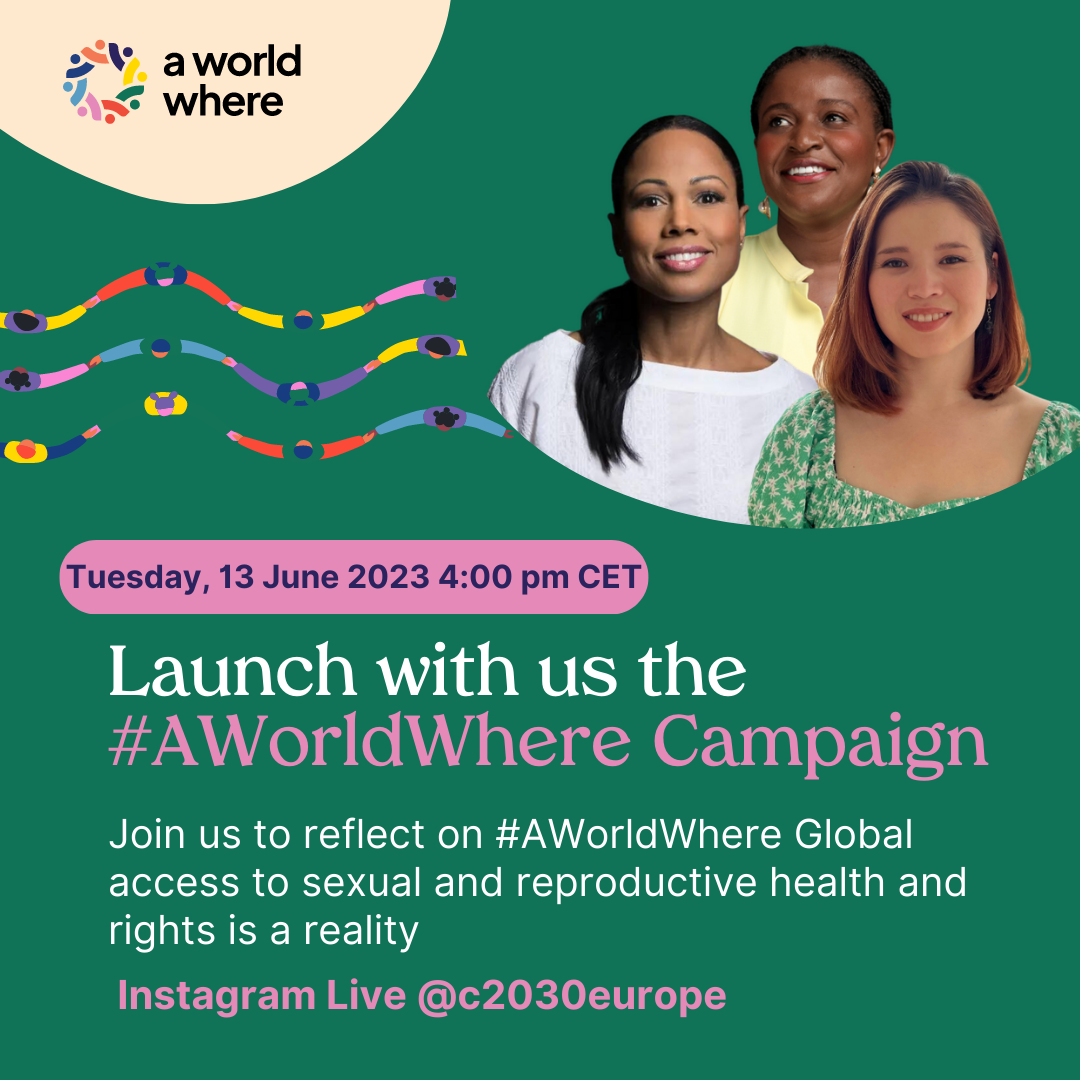As spring is setting in, the annual UN Commission on Population and Development (CPD) will take place in New York. I have the privilege to attend another physical gathering in New York and be part of the Dutch government delegation to the CPD. This year, United Nations member states will come together in a hybrid format to discuss the progress (or lack there off) on the ICPD agenda. The 55th session of the CPD will take place from 25 – 29 April. However, negotiations have already begun! Since not all CPDs ended with UN member states finding consensus, I am really curious what the hybrid session in today’s world will bring!
Sustained and inclusive economic growth requires sexuality education
Each year, a specific theme is discussed at the CPD. This years’ theme is ‘population and sustainable development, in particular sustained and inclusive economic growth’. This is quite a broad theme, and you might think: “what does it have to do with sexual and reproductive health and rights (SRHR)?”.
For Countdown members and other progressive NGOs it is important to link the theme to sexual and reproductive health and rights and social services. When young people have access to quality education it benefits employment rates, strengthens the human capital of a country and in that way ensures inclusive and sustained economic growth. Moreover, for women and girls’ economic empowerment, it is essential that they can go to school and are not hindered by ill (sexual and reproductive) health, gender-based violence or harmful practices such as child marriage or Female Genital Mutilation (FGM). These issues can be prevented though comprehensive sexuality education.
Thanks to sexuality education young people can have access to decent work opportunities and fulfil their potential. They can also be equipped with the skills needed to manage their health and form equal, fulfilling, and safe relationships, free from discrimination, coercion and violence. Without these life skills they won’t be able to participate in economic, social and political life. This issue deserves attention at the CPD but also at the upcoming Education Summit and in the resolution at the CPD next year.
Causes and implications of unpaid care work
The negotiations this year will also focus on the issue of unpaid care work. Unpaid care work represents well over one half of the total working hours according to an 18-country study. If you would value time spent on care work at market wage it would measure between 12 to 55 per cent of GDP. Unfortunately, women continue to take up the bulk of unpaid care work. Some research indicates that without access to essential SRH services such as access to contraceptives, women cannot choose if, when and how many children to have. This can, in turn, increase their care burden and exacerbate already existing inequalities in women’s share of care-giving.
The Netherlands as a co-facilitator
The negotiations on the resolution started several weeks ago and are always guided by two facilitators. This year the Netherlands has a special role in the negotiations as being a co-facilitator in the bureau of the CPD, together with El Salvador. This means the Netherlands and El Salvador will present different draft versions of the resolution text and streamline the negotiations by organizing the discussions between member states.
Rutgers’ role
Rutgers again has been strongly engaged in the advocacy around the CPD. As part of the Dutch government’s delegation to the CPD I will provide text suggestions to the drafts of the resolution on behalf of civil society. Rutgers, as part of the Countdown2030Europe consortium, is an active member of the International Sexual and Reproductive Rights Coalition (ISRRC). During two NGO consultations on the zero-draft resolution, several ISRRC members including Rutgers gave statements. I focused on the importance of comprehensive sexuality education in relation to sustained and inclusive economic growth.
We believe that the CPD remains one of the critical places for countries and civil society to discuss and progress on their commitments to sexual and reproductive health and rights – which are also part of the 2030 Agenda on Sustainable Development (SDG 3.7 and 5.6). The Covid-19 pandemic has been harmful to the implementation of the ICPD agenda, and backdrop has to be restored quickly. Therefore, I hope to bring good news next week on the adoption of a resolution!
Words by: Evi van den Dungen, Rutgers



